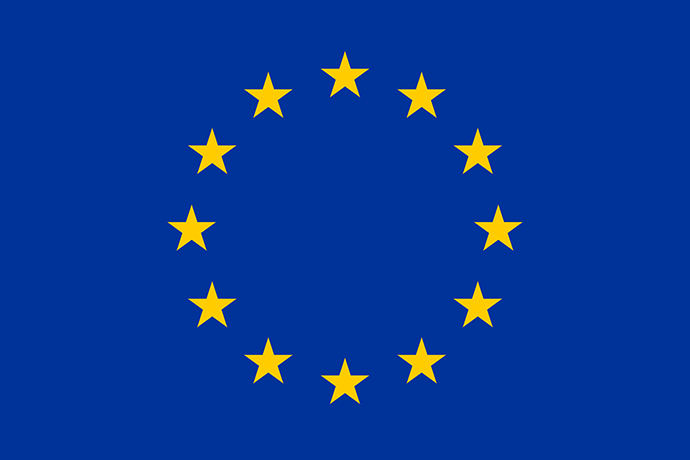When processing personal customer data, companies must comply with a large number of relevant laws and regulations in order to avoid the risk of high fines. Implementation, compliance and monitoring of the corresponding measures for IT information security are summarised under the term "IT compliance".
Companies must comply with a large number of relevant laws and regulations when processing personal customer data in order to avoid risking severe penalties. Implementation, compliance and monitoring of the corresponding measures for IT information security are summarized under the term "IT compliance".
What is the definition of IT Compliance?
IT compliance refers to the totality of all operational control elements used to monitor and comply with the applicable law and the IT standards customary in the industry. In practice, this means that all of a company's relevant and legal requirements for IT information security are demonstrably complied with.
This is why the term compliance in IT is defined as a binding guideline. This comprehensibly explains the relevant IT rules and legal requirements to all employees of a company and obligates everyone to comply with the same requirements.
Why is IT Compliance important for your company?
Today, the vast majority of all companies process and store sensitive customer data. Whether it's a craft business, an online store or the delivery service next door: IT-supported applications that process personal data can be found in almost all business areas. At the same time, all companies that collect and store personal data are subject to strict legal requirements, non-compliance with which can result in penalties of several hundred thousand euros.
If, for example, personal data of customers gets into the hands of third parties due to insufficient IT information security or negligent action and is subsequently used for other purposes without consent, in the EU penalties of up to 300,000 euros can be imposed according to the Federal Data Protection Act. In addition, in the event of misuse of customer data, claims for damages by those affected must be expected, which can result in further serious economic damage for companies.
Compliance with applicable IT rules and laws in the area of IT information security is therefore an essential aspect of successful entrepreneurial activity and requires constant monitoring with the help of systematically applied IT compliance measures.
How can IT compliance be ensured?
To ensure that all legal requirements from the area of IT information security as well as the IT rules of a company are adhered to by all employees, it is a good idea to introduce the following IT compliance measures:
- Creation of a guide with all IT rules for employees
- Device control through effective policy management
- Ban on private storage media in the workplace
- Control of the installation rights of individual employee groups
- Awareness raising among all employees on the subject of data protection
- Appointment of an IT compliance officer
What are the important laws in the area of IT information security?
In the following, we show the most important laws and regulations in the area of IT compliance that contain relevant guidelines for action for German companies. However, in addition to the legal regulations and standards mentioned, other requirements may be relevant depending on the field of activity and industry affiliation.




To plan and implement IT rules, it can be useful to work with an IT security officer. That way, you have a specific point of contact for issues related to the security of your systems in operation.